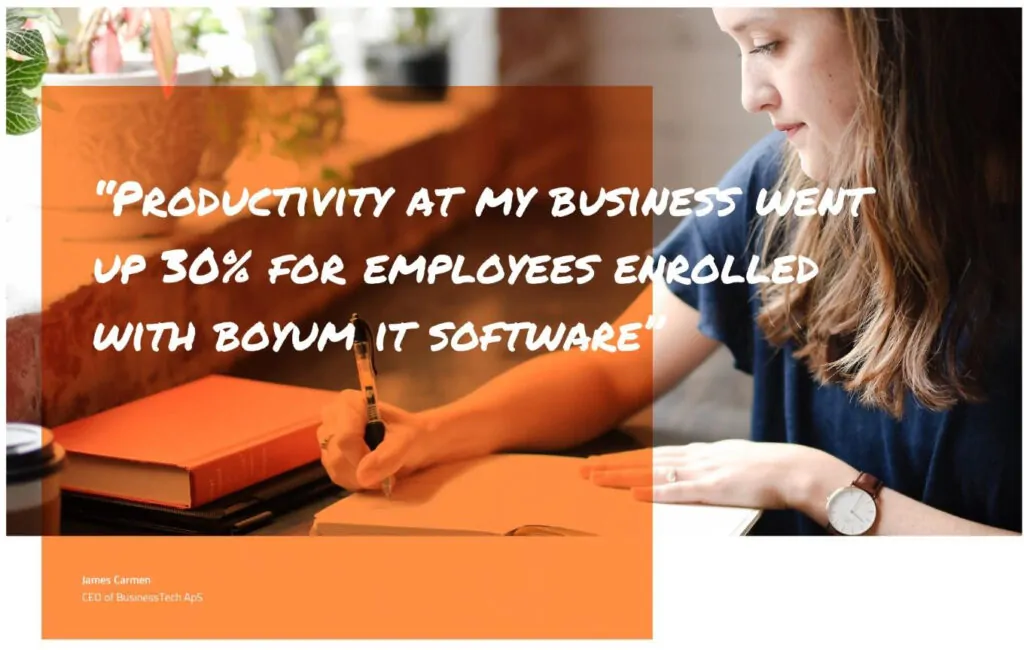As the highest-ranking financial professional in a business, the Chief Financial Officer (CFO) juggles various challenges at any given time. Ensuring compliance and staying current on financial reporting regulations, tax laws, and industry-specific requirements is central in averting any legal issues. Managing the company’s capital and securing financing when needed is critical for growth and sustainability. Then, there’s the economic uncertainty, market volatility, inflation, and other geopolitical events that can wreak havoc on expenses and profitability, making it challenging to set accurate financial forecasts and informed strategic decisions.
These – and other daily challenges – are not only interconnected, but also can create a complex web of financial considerations on any given day. To counter these effectively, a CFO needs a proactive approach and the ability to adapt quickly to changing circumstances and while there is no silver bullet, there are systems that help a CFO do their job more effectively and efficiently.
Enterprise Resource Planning (ERP) is one such system.
An ERP goes beyond basic accounting software and seamlessly integrates various departments with modules for supply chain management, inventory control, human resources and more. This not only ties the organization together, but it also provides one source for a CFO to find the data they need. And because ERP systems are designed to accommodate a company’s growth and changing needs, they can easily scale with the business as necessary. What’s more, an ERP adapts to any new regulatory requirements and industry standards, ensuring the business stays current in those areas.
Real-time numbers for quick decision-making
It’s no secret that when a CFO is armed with real-time data, they can make better-informed decisions quickly, but if a company uses QuickBooks or simply relies on Excel spreadsheets, getting that data in real time is not possible. An ERP, on the other hand, provides fast and efficient access to real-time financial data across the company, enabling a CFO to have their finger on the pulse of revenue, expenses, cash flow and other financial metrics of the company with the click of a few buttons. Basic accounting systems can’t do the same.
In addition, a CFO can use financial and analysis tools within an ERP for accurate financial projections, different scenario analysis, and budget management, all of which are critical for planning and forecasting in a growing environment.
Mitigating risk and providing accurate reporting
Playing a crucial role in risk management, the CFO is needs to identify and mitigate financial risks that could impact the company’s stability and profitability, no easy task without the proper tools. An ERP provides the CFO with visibility, control and analysis capabilities that other systems lack and helps to maintain accounting standards, tax regulations, and any industry-specific requirements. In addition, the ERP system can also enable a CFO to identify and mitigate financial risks with the company’s operations and growth initiatives, which is critical during a time of growth.
And then there is the reporting to stakeholders, providing shareholders, board members and government agencies with financial statements and financial disclosures. Of course, transparency and accuracy are required, and manually generating reports involves a tremendous amount of time and effort. An ERP, on the other hand, automates and streamlines much of the financial processes, which reduces manual data entry and the risk of errors, while it increases operational efficiency at the same time. All of this frees up the time a CFO spends on administrative tasks, allowing them to focus on other strategic areas.
Next steps
If any of the above resonates, or if you’re a CFO in a growing business and need to upgrade your systems and processes, an ERP may be the natural next step. To further explore specific ways an ERP can benefit you and your organization, give us a call. We’d love to learn about your specific environment and needs and discuss how we can help.





















